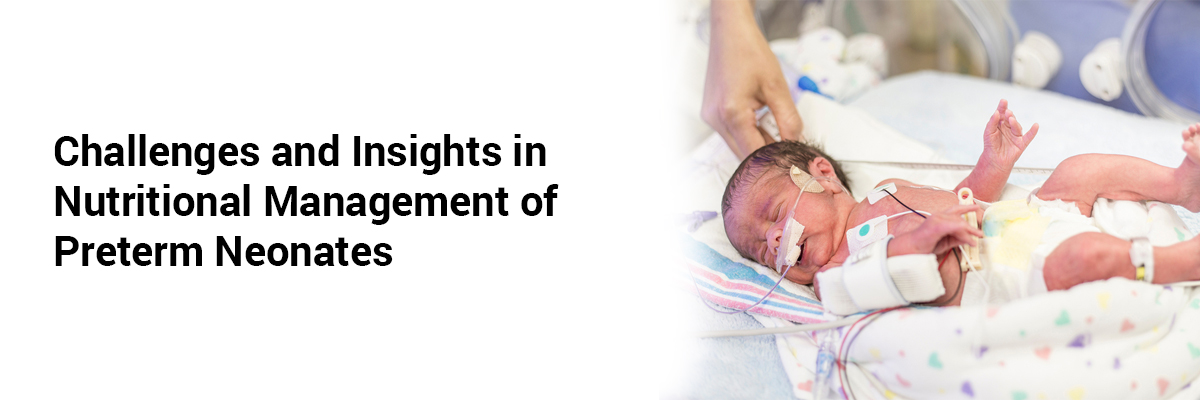
Challenges and Insights in Nutritional Management of Preterm Neonates
Effectively managing the nutrition of preterm infants presents significant challenges due to the variability in the macronutrient composition of human milk and limited evidence regarding fortification methods. Most neonatal units utilize bovine milk-based human milk fortifiers (HMF) for enhancing mothers' milk, supported by randomized controlled trials. However, the expense of HMF and potential risks such as feeding intolerance, necrotizing enterocolitis, and sepsis restrict its use. While cost-effective alternatives like preterm formula (PTF) exist, there is a lack of comparative studies with HMF. Current guidelines suggest multi-nutrient fortification of breast milk for low birth weight infants under 1800 grams who receive sufficient enteral feeds, with recommendations for resource-limited settings to fortify only those not gaining weight adequately.
A study by Pedaveeti et al. examined this issue by comparing three feeding strategies: expressed breast milk (EBM) with HMF, EBM with PTF, and EBM alone. The results demonstrated that infants receiving EBM with HMF had better growth metrics at six weeks or discharge, but also showed a higher rate of feeding intolerance, and this group incurred the highest costs. The authors suggest that EBM fortified with HMF may be the best option for short-term growth, despite these downsides.
The study is commendable for exploring nutritional strategies for preterm infants, though the long-term effects of HMF fortification remain uncertain. A detailed analysis comparing EBM with HMF and EBM with PTF could yield insights into the effects of different fortification methods. Factors such as weight gain velocity, duration of fortification, and specific weight criteria for discontinuing fortification should be considered for a comprehensive understanding of growth impacts. The authors also emphasized the trade-offs between higher costs and increased feed intolerance with HMF compared to PTF.
Therefore, there is a pressing need for larger, well-structured, multicentric randomized controlled trials to address long-term growth and developmental outcomes, cost-effectiveness, specific effects on vulnerable groups, and to establish standardized fortification protocols.
Source: Angadi, C., Bethou, A. Fortification Strategies for Very Low Birth Weight Infants. Indian J Pediatr 92, 347–348 (2025). https://doi.org/10.1007/s12098-025-05462-5














Please login to comment on this article